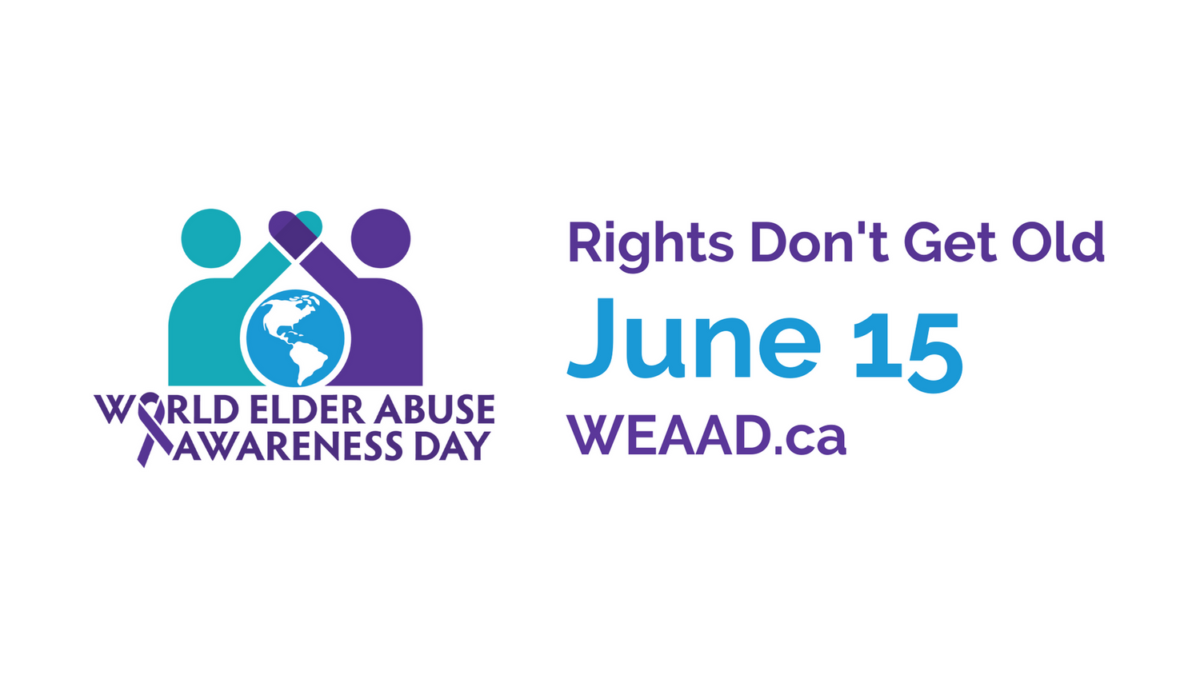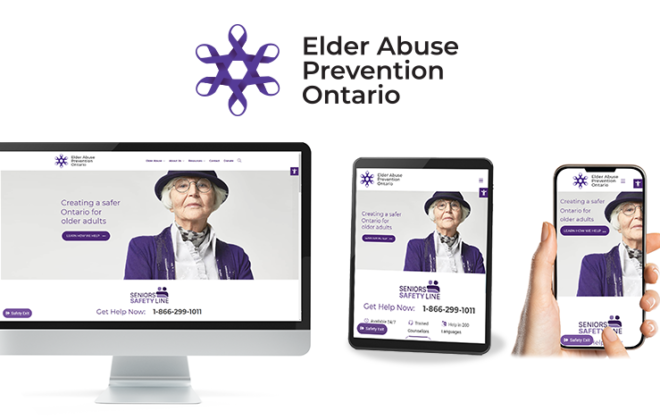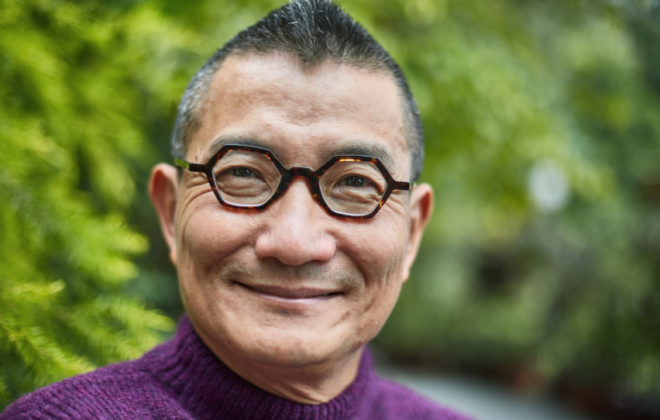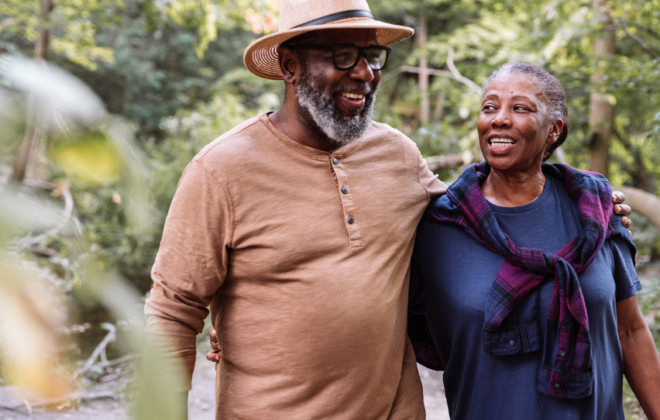Recognizing World Elder Abuse Awareness Day 2023
Join EAPO on June 15 as we recognize World Elder Abuse Awareness Day (WEAAD)! Elder abuse is a public health and human rights issue that affects older adults worldwide. By standing together, we can remind the world that everyone is entitled to feel safe and that rights do not get old!
Recognizing WEAAD
The first World Elder Abuse Awareness Day was recognized on June 15, 2006, by the United Nations and the International Network for the Prevention of Elder Abuse. Since then, communities worldwide have recognized this day as an opportunity to raise awareness of elder abuse and neglect by sharing information and facts. Furthermore, the day highlights the rights of older persons and is a chance to promote valuable resources and services that support the well-being of seniors.
The Importance of WEAAD
Did you know that 1 in 2 people are prejudice against older people?
This shocking statistic from the World Health Organization’s Global Report on Ageism demonstrates an increasing need for an ongoing discussion about elder abuse prevention and the rights of older persons. Unfortunately, when it comes to showing just how urgent a problem elder abuse is, the numbers don’t lie.
- An estimated 7.5% of Canadians 55 and older experienced abuse (Into the Light National Survey on the Mistreatment of Older Canadians, National Initiative for the Care of the Elderly, 2015)
- 1 in 6 people over the age of 60 are victims of elder abuse (World Health Organization)
- Women aged 55-64 years comprised the largest proportion of victims of femicide (19%) (Call it Femicide Report, Canadian Femicide Observatory for Justice and Accountability, 2020)
- Nearly 8 in 10 seniors report age discrimination in healthcare (Report on Ageism, Revera, 2012)
- In Ontario, there was a 250% increase in calls to the Seniors Safety Line in 2020 (Assaulted Women’s Helpline, 2021)
Despite the high number, elder abuse is often an invisible issue and has serious consequences for individuals, communities, and society. Impacts include serious physical injuries, long-term psychological consequences, and family breakdowns, with cascading impacts across sectors including justice, social services and healthcare.
WE ALL HAVE A ROLE TO PLAY to prevent violence and abuse of older people in their homes and communities. Individuals, professionals, organizations, leaders in communities and governments have a share responsibility in creating social change to address the inequities and discrimination against older people.
Learn more about How you can take action this WEAAD , download Future Us Roadmap to Elder Abuse Prevention
Speak Up
We encourage everyone to take action and remind the world that rights don’t get old. Contributing to WEAAD is as simple as spreading the word and sharing information about elder abuse prevention with your loved ones.
Here are some ways that you can join the conversation on June 15!
- Take the WEAAD pledge to be a part of the journey to create a safe and supportive Canada.
- Join the national webinar on June 15th
- Promote the Rights of Older Adults on social media using hashtags #WEAAD2023 and #RightsDoNotGetOld
- Download and use our pre-made social media graphics to promote WEAAD 2023
- Browse the EAPO website to learn more about the issue of elder abuse
- Share EAPO resources with your friends and family
Join Us on June 15
We invite everyone to register for our National Virtual WEAAD event on June 15 from 1:00 – 2:30 EST. The event, Rights Don’t Get Old: Let’s Spark Social Change, encourages everyone to start a national conversation around elder abuse prevention. EAPO is pleased to partner with the Canadian Network for the Prevention of Elder Abuse (CNPEA), CanAge, and British Columbia Community Response Networks (BCCRN), to deliver this important event. Learn more and register now by clicking the button below.
This WEAAD event will bring together a panel of experts, political figures, advocates and concerned people. Furthermore, we hope to inspire discussion about how we can end elder abuse and protect the rights of older people. Learn more and register now by clicking the button below.





